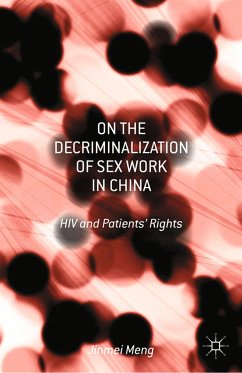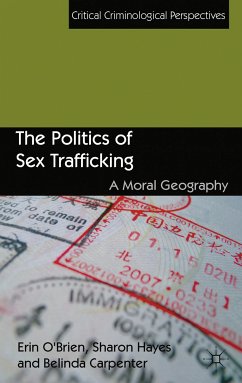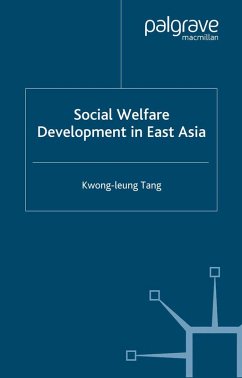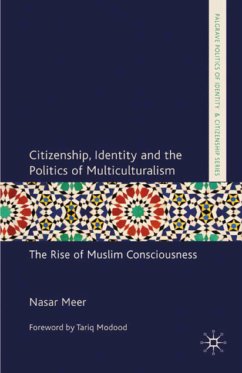This study argues that the decriminalization of sex work in China can contribute to HIV prevention and human rights protection. The argument is supported by six key concepts: the universality of human rights, rights-based approaches to HIV, sex work as work, risk environment for HIV transmission, decriminalization of sex work as a preferred model for HIV prevention, and rights-based responses to HIV and sex work. Three research methods are used, including research methods from law, social science, and public health. Recommendations are provided to reform Chinese law and HIV policy.
Dieser Download kann aus rechtlichen Gründen nur mit Rechnungsadresse in A, B, BG, CY, CZ, D, DK, EW, E, FIN, F, GR, HR, H, IRL, I, LT, L, LR, M, NL, PL, P, R, S, SLO, SK ausgeliefert werden.









